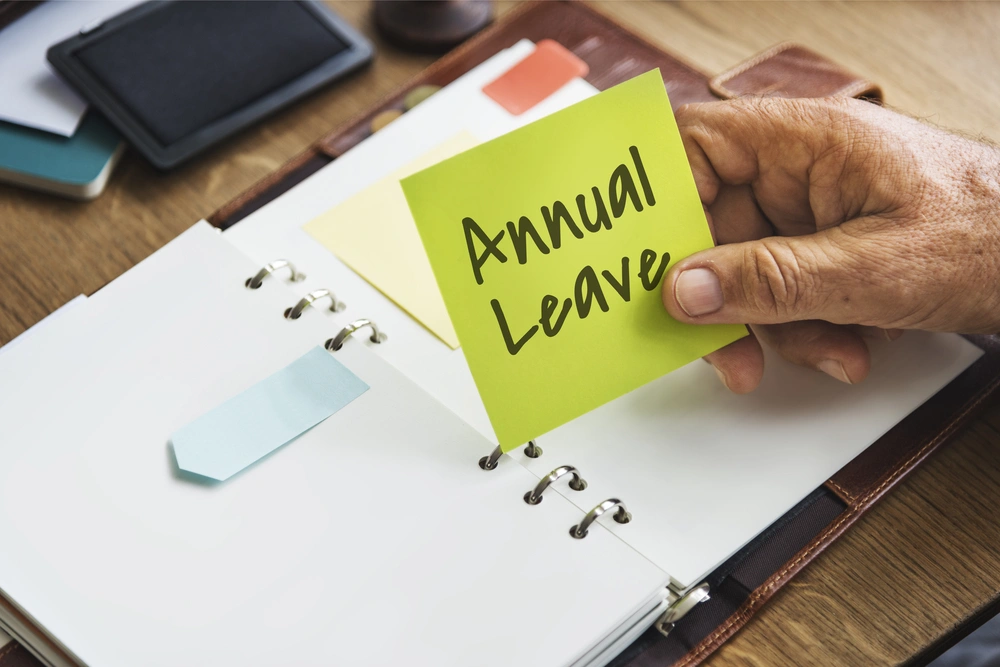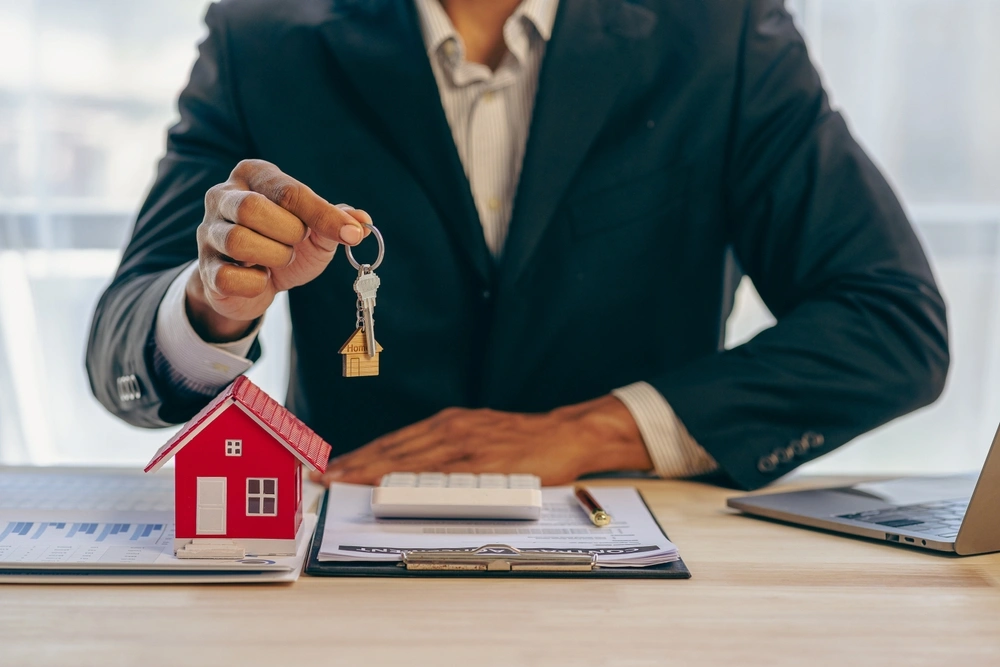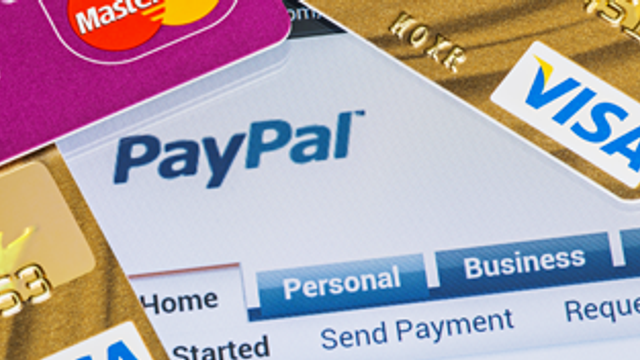What you’re spending on matters, but it’s how you pay that can make all the difference to your finances.
Monthly bills, everyday essentials, online shopping - the list goes on. We’re talking about the benefits of using different ways to pay for different types of purchases.
Debit cards are one of the most popular ways to pay
Despite there being so many payment methods available, debit cards are used for around half of all purchases made in the UK.
Each transaction you make is deducted immediately from your bank account. So, you will always have an accurate view of your balance.
You may also be covered by the chargeback scheme when using your debit card. This helps you claim money back if the retailer won’t help you with items that arrive faulty, aren’t as described or never make it to you.
Unfortunately, chargebacks aren’t a legal right. There’s no guarantee that you’ll be able to claim your money back, but it’s often worth trying.
Credit card payments between £100 and £30,000 are protected
Credit cards can be a great way to pay if you’re looking to make a big purchase. If you buy something that costs between £100 and £30,000, you're usually protected under Section 75 of the Consumer Credit Act. Like the chargeback scheme, this can help you get money back if there are certain issues with your purchase and the retailer won’t help you.
A credit card looks and is used much like a debit card. But rather than the money coming from your bank account, it’s lent to you by the credit card provider. You’ll usually be charged interest on any amount that you spend on a credit card if you don’t clear your balance each month in full.
If you use a credit card, make sure you’ve got the money to pay it off on time. Missed or late repayments will leave a negative mark on your credit report and could affect your credit score.
Android/Apple Pay & contactless give the ultimate streamlined experience
Contactless card payments, Android and Apple Pay probably take the crown for ease of use and convenience. They’re widely accepted by retailers, and you can pay for goods up to £100 in-store in just a couple of taps or swipes. Online, you can use Android or Apple Pay for transactions of any amount.
Paypal offers both speed and security
PayPal is a great way to make fast and secure online payments. Once you’ve linked a card to your account, you can send and receive payments via the app or website. Some retailers even offer PayPal as an option at checkout.
If you pay for goods using PayPal, you may be able to get a refund from them if the items or services arrive faulty, aren’t as expected, or don’t turn up at all.
Additional protection is also available if you’re using an online marketplace to sell to or buy from someone you don’t know. For example, if you shop on Facebook Marketplace, you’re protected should something go wrong. Just make sure you use Goods and Services and not Friends and Family to benefit from that extra protection.
Direct Debits help you pay on time each month
A Direct Debit allows you to pay for regular monthly bills without having to think about it. The money comes out of your account each month like clockwork until the contract you’re in comes to an end, or you tell the bank to cancel the instruction.
They’re a useful way to automatically pay bills where the amount might vary month to month. But they can also be used to spread the cost of large purchases such as a sofa or TV.
You must be given at least 10 working days’ notice of how much money will be taken by Direct Debit if it’s different to the previous month. Then, as long as the money is in your account, you’ll always pay on time. However, you may be charged a fee by your bank if a Direct Debit fails.
Continuous payment authority
Continuous payment authorities (CPAs) allow reoccurring payments to be made from a credit or debit card. A CPA can often be confused with a Direct Debit, but here the payment instruction is made between you and the business – not with a bank.
Another key difference between a CPA and a Direct Debit is that a business can take money from your nominated card whenever they think they’re owed. They don’t need to stick to a set date or tell you each time they take a payment. Subscription services like Netflix and Spotify often work this way.
Standing orders help you take control of your finances
Standing orders are great for paying regular, fixed amount bills like your rent.
They’re similar to Direct Debits in that the payment automatically comes out of your bank account each month. However, where Direct Debits are set up by the organisation you’re paying, these can only be set up and altered by you.
Standing orders can be a great way to show lenders that you’re responsible with your money. Using them could help boost your credit score over time.
Cash can help curb overspending
Cash may no longer be king, accounting for just 14% of all payments in 2022. But if you’re looking to better manage your budget, then using physical cash when you're out and about can be a huge help.
Having tangible money helps you to stay accountable for your spending. Once it’s gone, it’s gone, so it forces you to spend consciously.
There are usually no additional costs that come with using cash. 95% of cash withdrawals are free, though some machines do issue a small charge.
The biggest drawback to using cash is the lack of security when compared to digital means of payment. If your cash gets lost or stolen, it’s gone. If you lose a credit or debit card or have fraud on your account, it’s much easier to get back on track and recover any lost funds. That said, cash is still one of the most accessible ways to pay. Anyone can use it; you don’t need to have a mobile or be tech-savvy to withdraw and spend your money.
Direct bank transfers are great for one-off payments
Direct bank transfers are a great way to quickly move money from one account to another.
It’s an easy way to pay someone you know, to settle a one-off bill or to move money between your own accounts. Money can usually be moved in as little as two hours, sometimes faster!
However, there are some risks with this payment method. If you send money to the wrong bank account or to a scammer, it could be lost forever. Your bank is obligated to try to retrieve incorrectly deposited money, but it isn’t always possible to get it back. This means it’s a good idea to avoid this type of payment when paying someone you don’t know.
Buy Now Pay Later lets you borrow money at the point of purchase
Buy Now Pay Later (BNPL) is a form of borrowing. Often part of the checkout process when you shop online, it allows you to delay payment or spread the cost of your purchase out over a few weeks or months.
If used carefully, BNPL can be used to manage your purchases. But it’s worth noting that BNPL isn’t regulated like other types of borrowing. Whilst providers will perform a ‘soft search’, they won’t be able to fully assess your affordability and may lend to you even if you can’t afford to make the repayments. It’s important to carefully weigh up whether you’ll be able to afford the repayments for yourself. If you think it will be a struggle, then BNPL may not be the best option for you.
If you’re struggling with your finances in any way, free support and advice is available. Speak to:
Fiona is a personal finance writer with over 7 years’ experience writing for a broad range of industries before joining Ocean in 2021. She uses her wealth of experience to turn the overwhelming aspects of finance into articles that are easy to understand.
![Email icon]()
Become a money maestro!
Sign up for tips on how to improve your credit score, offers and deals to help you save money, exclusive competitions and exciting products!
Find this useful? Share it with others!









